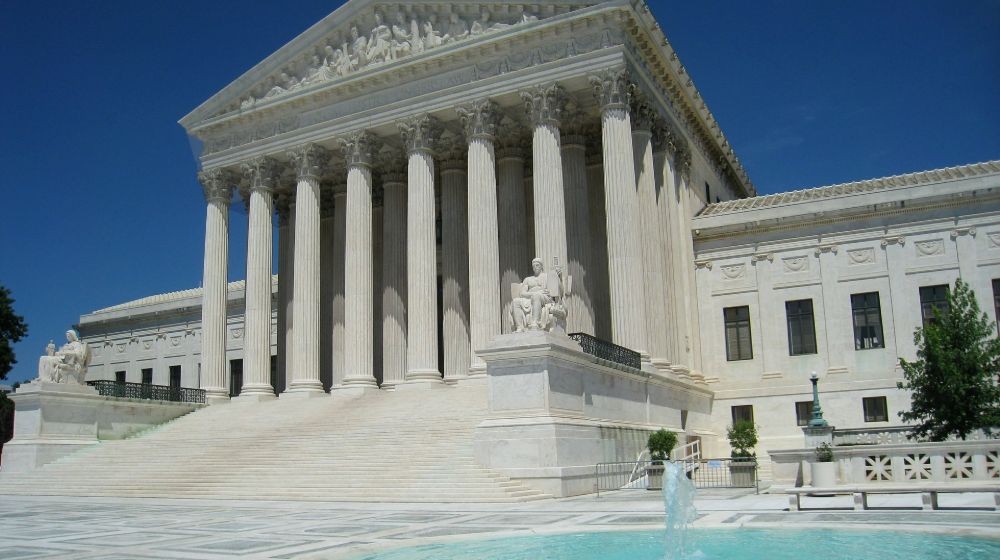Breaking News
Supreme Court to Hear Oral Arguments Against Affirmative Action in Harvard, UNC

On Monday, the U.S. Supreme Court will hear oral arguments against affirmative action in a couple of cases that may overturn the use of racial preferences in college admissions. The arguments will focus on challenges to affirmative action policies in place at both Harvard University and the University of North Carolina.
The plaintiff in both cases is a non-profit organization called Students for Fair Admissions (SFFA), which claims that affirmative action policies discriminate against Asian Americans, who would otherwise make up a larger share of the student body at both colleges.
In Regents of the University of California v. Bakke (1978), the Court allowed affirmative action in college admissions to achieve diversity as long as it did not function as a quota system. That holding was later limited by two cases against the University of Michigan in 2003: Gratz overturned an undergraduate policy that awarded points based on race, and Grutter upheld a law school policy that considered race but did not award points to applicants.
The cases are being heard concurrently, despite the fact that one is against Harvard and the other is against the University of North Carolina. The Equal Protection Clause of the Fourteenth Amendment only applies to private institutions that accept federal funds. The case against Harvard is focused on civil rights laws, whereas the case against the University of North Carolina is broader in scope.
Harvard has won in both the district and appellate courts, but the case has called into question its affirmative action policies, revealing that the actual percentage of Asian American students admitted is roughly half of what it would be based solely on test scores and grades. It was discovered that Harvard used a “personality” test that ranked Asian American groups lower than others. The University of North Carolina prevailed in district court, and the case was taken directly to the Supreme Court to be heard alongside the Harvard case.
Justice Ketanji Brown Jackson has separated herself from the Harvard case because she is a member of Harvard’s Board of Overseers.
The two cases are Students for Fair Admission v. President & Fellows of Harvard College, No. 20-1199, and Students for Fair Admissions v. University of North Carolina, No. 21-707 in the Supreme Court of the United States.
Up Next:
